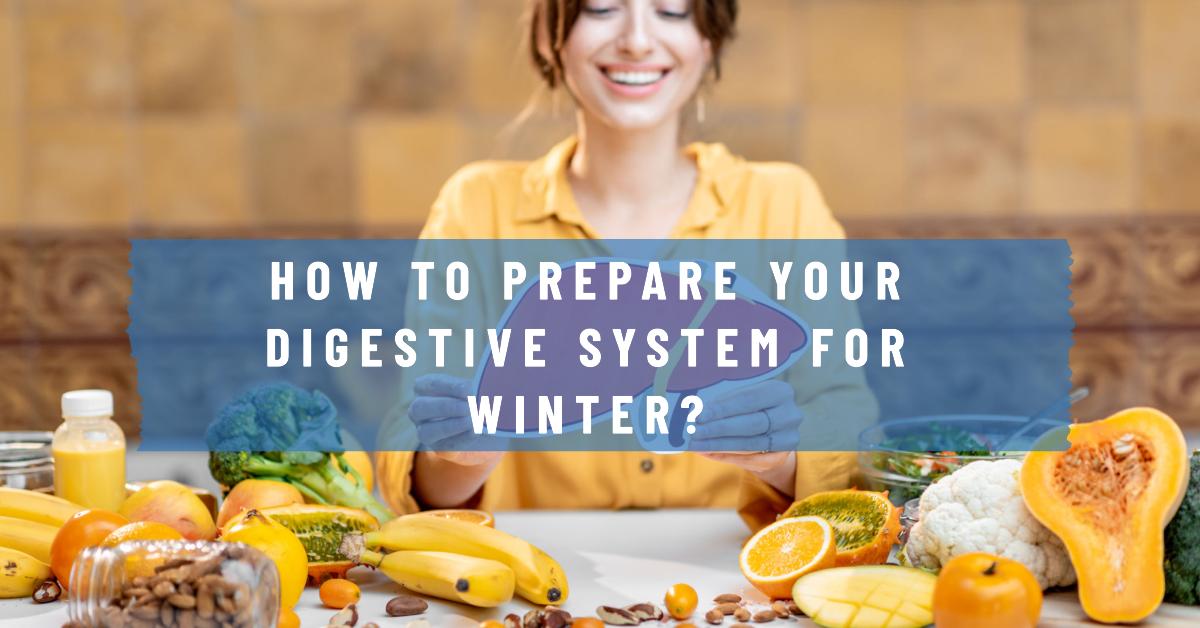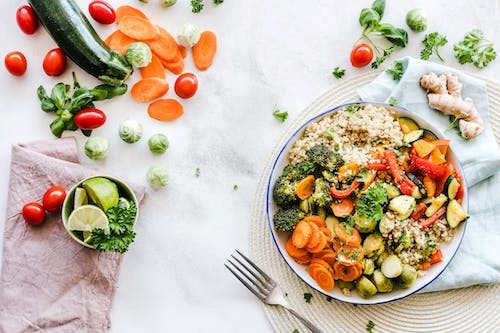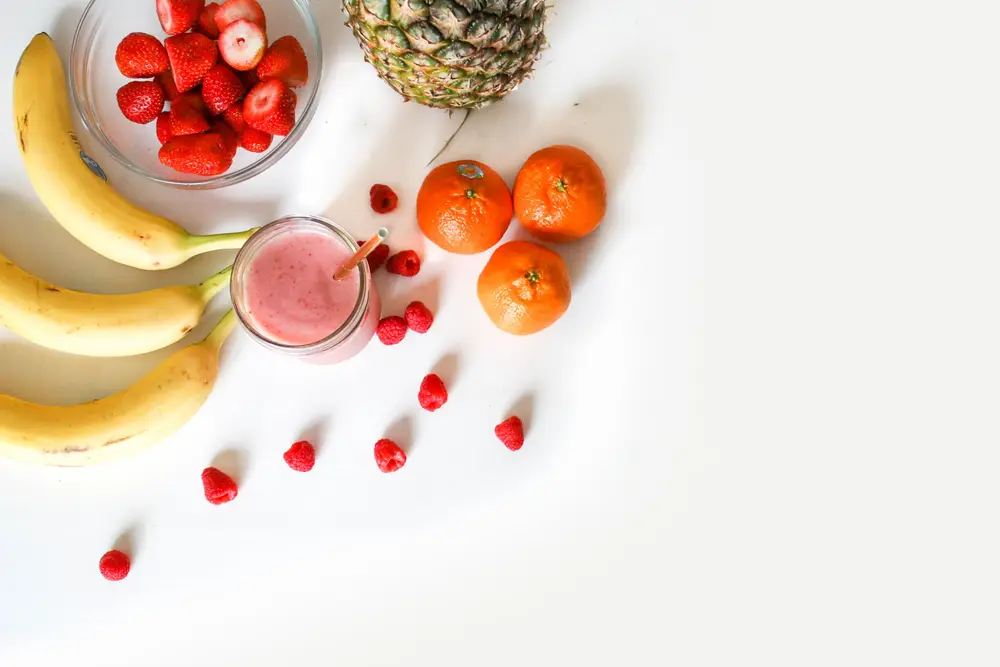Preparing your digestive system for winter is essential to maintain overall health, especially as changes in diet and lifestyle occur during the colder months.
Hydrate Regularly
- Water intake is crucial, especially in winter.
- Cold weather can reduce thirst signals.
- Drink warm beverages like herbal teas.
- Herbal teas can soothe the stomach.
- Aim for at least 8 glasses of fluids daily.
- Include broths and soups for hydration.
- Hydration aids digestion and nutrient absorption.
- Dehydration can lead to constipation.
- Warm fluids can boost circulation.
- Keep a water bottle handy to remind yourself.
Incorporate Seasonal Foods
- Seasonal foods are fresher and tastier.
- Focus on root vegetables like carrots and potatoes in winter.
- Squash varieties are nutrient-dense and filling.
- Citrus fruits boost vitamin C intake.
- Apples are great for snacking and digestion.
- Seasonal foods often contain higher nutrients.
- They support your immune system during cold months.
- Include leafy greens like kale for fiber.
- Experiment with winter recipes to keep meals interesting.
- Eating seasonally can also reduce food costs.
Increase Fiber Intake
- Fiber is essential for healthy digestion.
- It helps regulate bowel movements.
- Aim for 25-30 grams of fiber daily.
- Include whole grains like oats and brown rice.
- Legumes like beans and lentils are high in fiber.
- Add fruits such as berries and pears.
- Incorporate vegetables like broccoli and carrots.
- Fiber keeps you feeling full longer.
- It can help prevent constipation.
- Gradually increase fiber intake to avoid discomfort.
Eat Warm, Cooked Foods
- Warm, cooked foods are comforting in winter.
- They are easier to digest than raw foods.
- Soups and stews provide hydration and nutrients.
- Cooking breaks down food fibers for better absorption.
- Use warming spices like ginger and turmeric.
- These spices can aid digestion and boost metabolism.
- Warm meals can improve circulation and warmth.
- Focus on hearty dishes with seasonal vegetables.
- Batch-cook meals for convenience and warmth.
- Eating warm foods can enhance satiety and satisfaction.
Add Probiotics to Your Diet
- Probiotics support a healthy gut microbiome.
- They can improve digestion and nutrient absorption.
- Include yogurt for a tasty probiotic source.
- Kefir is another great option, rich in beneficial bacteria.
- Fermented foods like sauerkraut aid digestion.
- Kimchi is also packed with probiotics and flavor.
- Probiotics may help reduce digestive discomfort.
- They can enhance immune function, especially in winter.
- Aim for a variety of probiotic sources in your diet.
- Consider probiotic supplements if needed, after consulting a doctor.
- You can also shop kala aam papad online.
Limit Processed Foods
- Processed foods often contain unhealthy fats and sugars.
- They can slow down digestion and cause discomfort.
- Read labels to identify hidden additives.
- Focus on whole, unprocessed foods instead.
- Choose fresh fruits and vegetables for snacks.
- Opt for whole grains like brown rice and quinoa.
- Minimize fast food and packaged meals.
- Limit sugary drinks and snacks to avoid spikes in sugar levels.
- Processed foods can contribute to bloating and digestive issues.
- Prioritize home-cooked meals for better nutrition.
Chew Your Food Thoroughly
- Chewing aids digestion by breaking down food.
- It increases surface area for enzymes to work.
- Take your time while eating for better digestion.
- Aim for 20-30 chews per bite.
- Thorough chewing can help you feel fuller faster.
- It reduces the risk of choking and discomfort.
- Saliva mixes with food, helping digestion begin.
- Mindful eating enhances enjoyment of meals.
- Chewing thoroughly can prevent overeating.
- Teach children the importance of chewing well.
Stay Active
- Regular physical activity promotes healthy digestion.
- Aim for at least 30 minutes of exercise daily.
- Walking boosts metabolism and gut motility.
- Activities like yoga can relieve bloating and discomfort.
- Choose enjoyable workouts to stay motivated.
- Engage in strength training to build muscle.
- Even simple stretches can improve circulation.
- Staying active helps manage winter weight gain.
- Exercise can reduce stress, benefiting digestion.
- Make it a routine to encourage consistency.
Manage Stress Levels
- High stress negatively affects digestion.
- Stress can lead to stomachaches and bloating.
- Practice relaxation techniques regularly.
- Deep breathing exercises can reduce tension.
- Yoga combines movement with mindfulness.
- Meditation promotes calm and focus.
- Regular breaks throughout the day are beneficial.
- Engage in hobbies that bring you joy.
- Spending time in nature can lower stress.
- Consistent sleep patterns help manage stress levels.
Consider Digestive Enzymes
- Digestive enzymes help break down food.
- They can improve nutrient absorption.
- Consult a healthcare professional before starting.
- Enzymes may reduce bloating and discomfort after meals.
- Common types include amylase, protease, and lipase.
- They can be found in supplement form.
- Food sources include pineapples and papayas.
- Take enzymes with meals for best results.
- Monitor how your body responds to supplements.
- Adjust dosage as needed under professional guidance.
- You can buy sugar coated saunf online.




